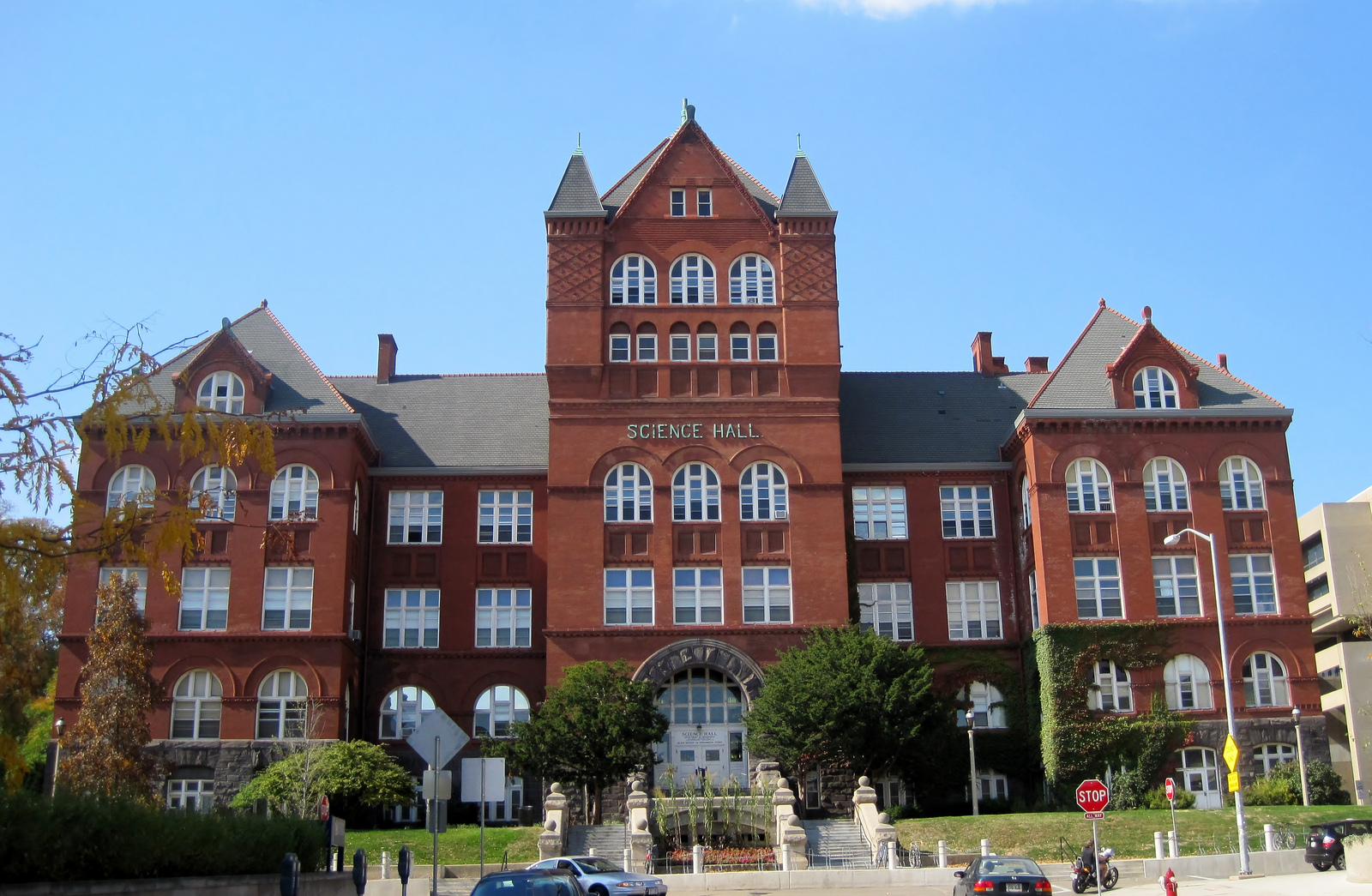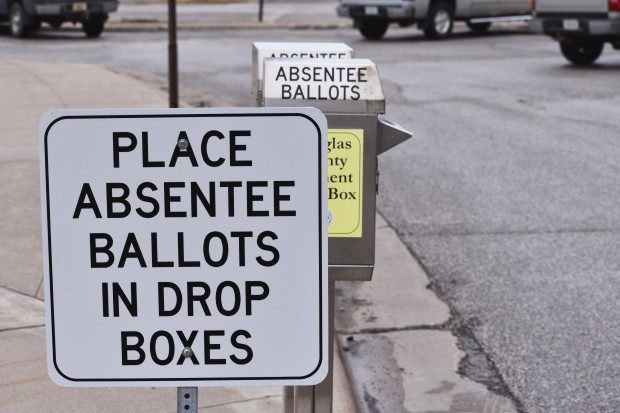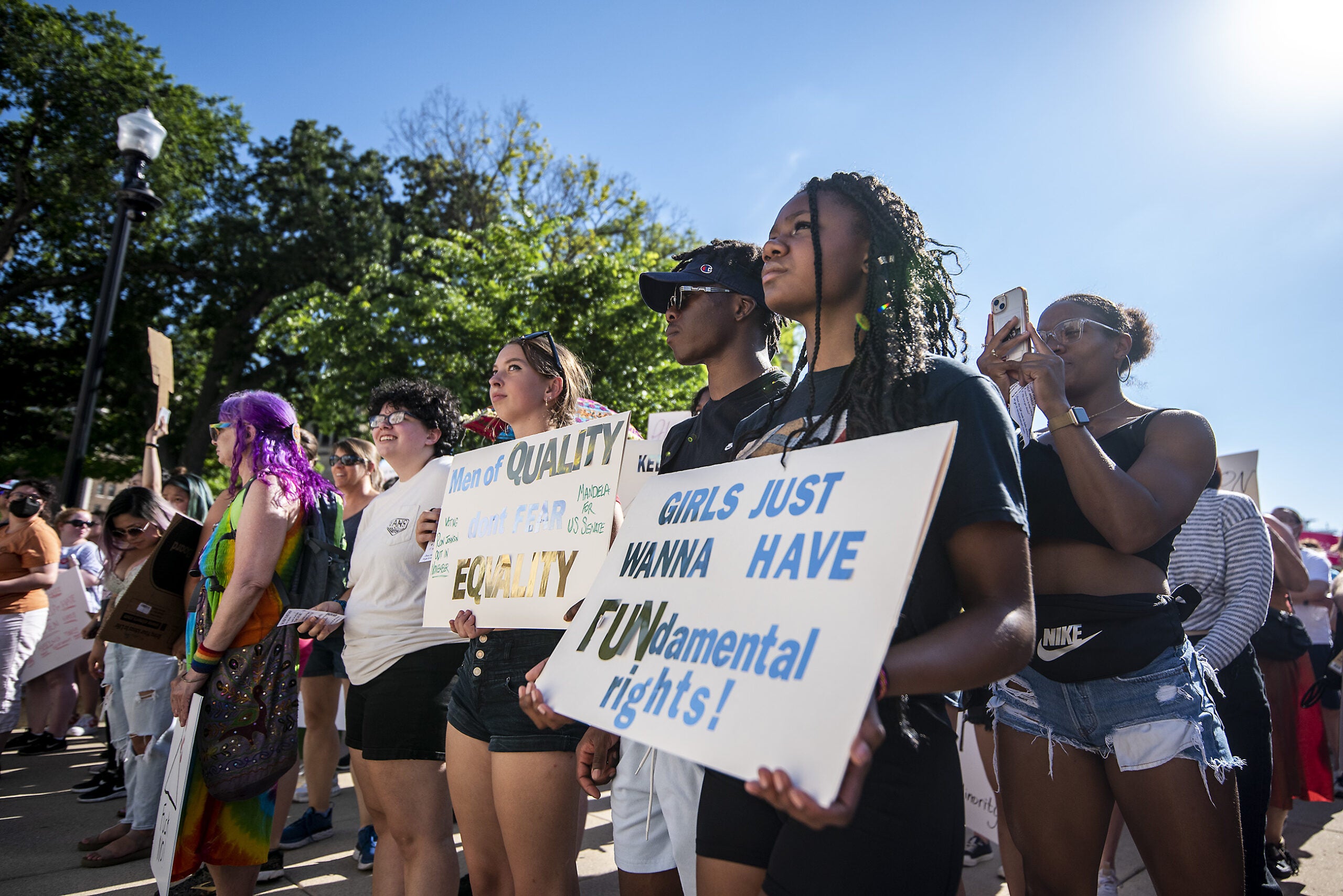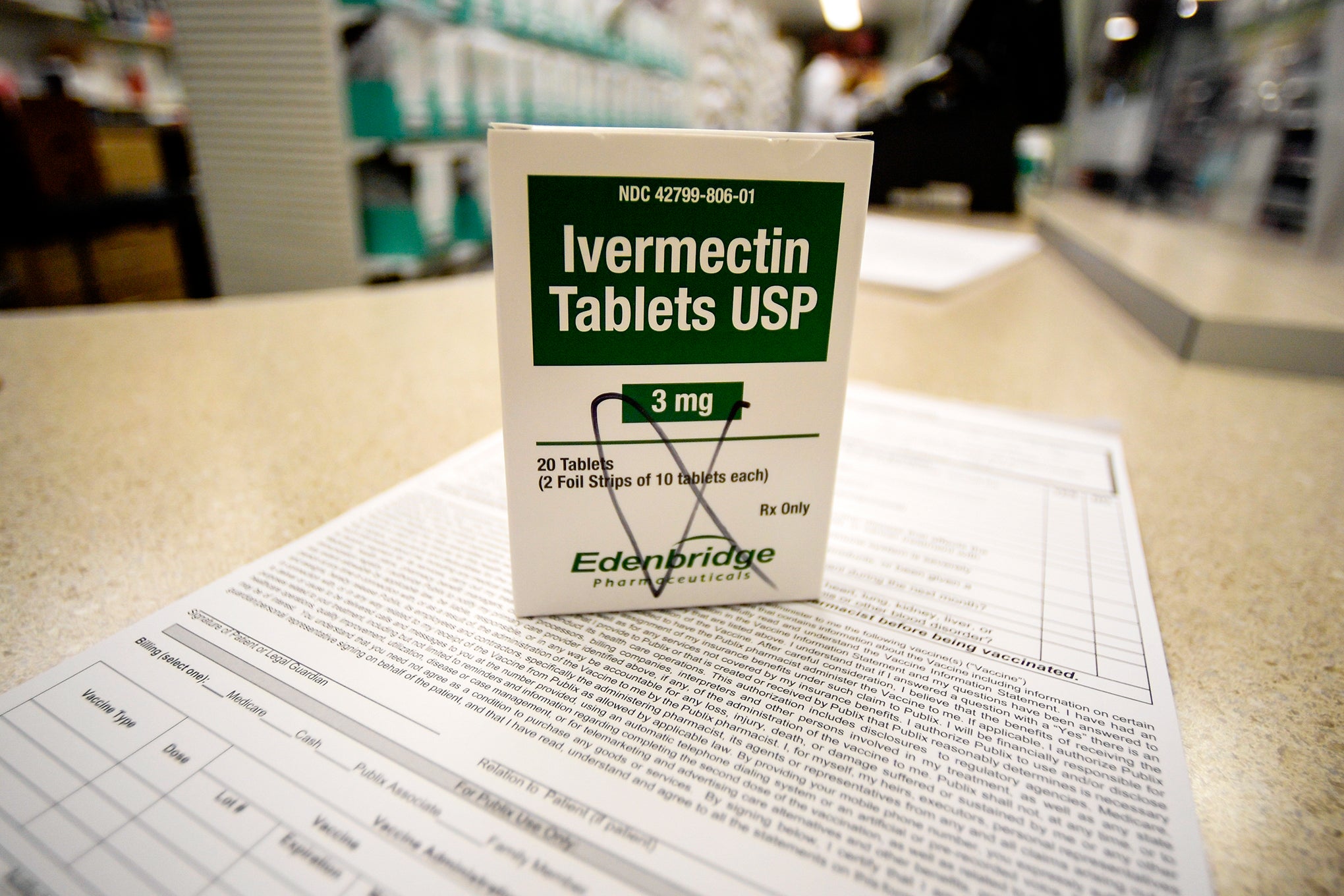Legal and ethical experts on the University of Wisconsin-Madison campus give today’s U.S. Supreme Court ruling on genetic patents mixed reviews.
The court ruled unanimously that patents on naturally occurring genetic material are not allowable.
Carl Gulbrandsen, the director of the Wisconsin Alumni Research Foundation (WARF), calls the ruling unfortunate, saying it threatens to invalidate the existing patents of important medical products and could discourage research on future genetically based medical therapies. He says the ruling reverses 30 years of patent law that allowed the patenting of things like Vitamin D – one of WARF’s most famous and profitable patents.
Stay informed on the latest news
Sign up for WPR’s email newsletter.
“This is a major blow for the biotech industry. I don’t know that WARF has a lot of gene patents in its portfolio, but we do have some. So those claims…are not enforceable anymore.”
But patent law experts at the UW say the ruling does leave the door open for patenting certain types of synthetic DNA.
Bioethicist Pilar Ossorio says it’s important to note that the court ruling doesn’t only address human genetic patents; it also bans patents of any naturally occurring DNA including those found in bacteria.
“The driver of this lawsuit was people’s intuitive dislike of the idea that a company could have a patent of a DNA sequence that might be in my body. But I think the biggest impact of this case is not going to be in the human genetics.”
Ossorio says the ruling will force companies to work harder to prove they have manipulated several different genes in combination to produce a patentable product.
Wisconsin Public Radio, © Copyright 2024, Board of Regents of the University of Wisconsin System and Wisconsin Educational Communications Board.





